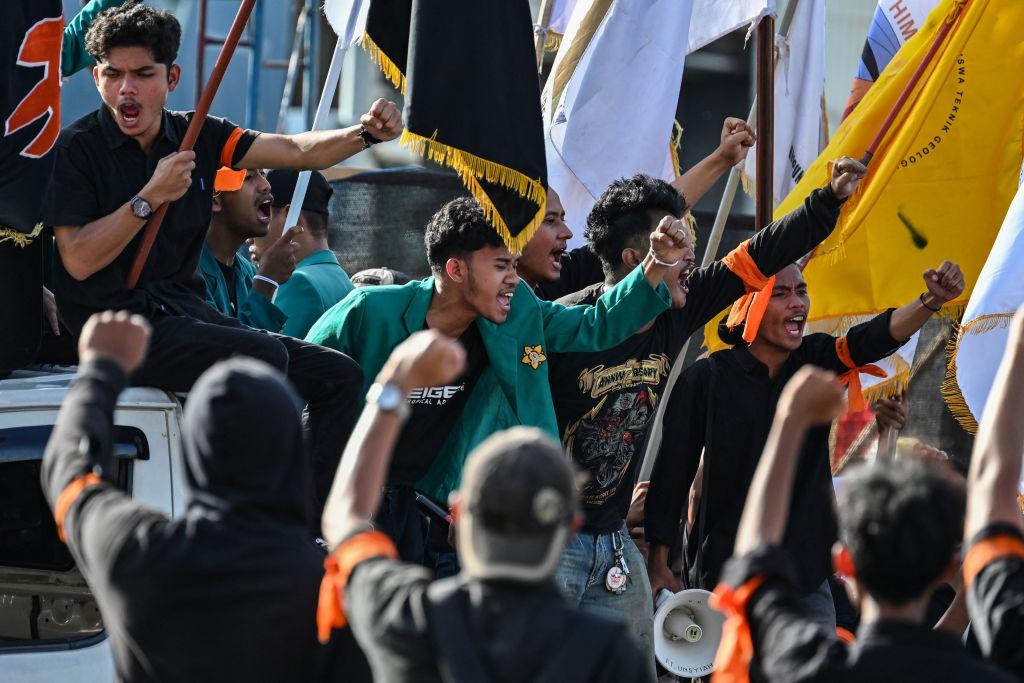Calm has returned to the streets of Jakarta after Indonesia’s parliament gave the country’s electoral regulator permission to issue new rules that comply with two Constitutional Court rulings.
Parliament had tried to postpone ratifying changes to the election rules last week, causing protesters to attempt to tear down the gates of the legislature and widespread unrest across the country, which was met by police firing teargas and water cannons.





